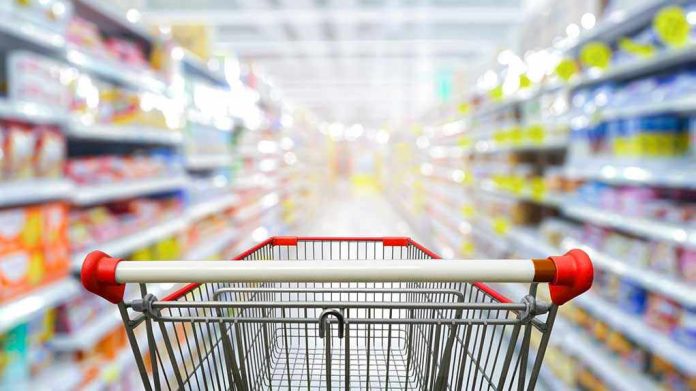
Texas’s unprecedented SNAP junk food ban has ignited a national debate over government overreach and the responsible use of taxpayer dollars.
Story Snapshot
- Texas becomes the first state to secure federal approval to ban sugary drinks and candy from SNAP (food stamp) purchases.
- The policy takes effect April 1, 2026, and impacts roughly 3.5 million Texans who rely on SNAP benefits.
- Supporters say the measure promotes public health and fiscal responsibility; critics warn of government overreach and increased stigma.
- The move sets a powerful precedent for other states considering similar SNAP restrictions.
Texas Secures Federal Approval for SNAP Junk Food Ban
On August 5, 2025, Texas Governor Greg Abbott announced that the state received federal approval to implement a sweeping ban on the purchase of sugary drinks and candy with SNAP benefits. This move, enabled by a waiver from the U.S. Department of Agriculture, marks the first time any state has been permitted to restrict such a broad range of foods under the SNAP program. The new law, set to take effect April 1, 2026, is the result of Senate Bill 379, which the Texas Legislature passed earlier in the year contingent on federal approval.
The SNAP program, originally designed to help low-income Americans purchase nutritious food, has historically allowed recipients to buy nearly all grocery items except alcohol, tobacco, and hot prepared foods. Over the last decade, however, public health advocates have pressured lawmakers to curb the use of taxpayer funds for unhealthy foods, citing alarming rates of obesity and diabetes among low-income populations. Texas’s successful waiver request—after previous attempts by other states like New York City were denied—signals a new era of state-level innovation in nutrition policy.
Public Health, Fiscal Responsibility, and Conservative Values
State officials, led by Governor Abbott, have framed the policy as a necessary step to advance public health and ensure responsible stewardship of federal dollars. With approximately 3.5 million Texans receiving SNAP benefits, advocates argue that the ban will help reduce the prevalence of diet-related chronic diseases and lower public spending on healthcare. Supporters see this initiative as a clear example of Texas’s leadership in pushing back against federal inertia and prioritizing common sense reforms that align with conservative values—emphasizing personal responsibility, healthy families, and the proper role of government.
Critics, however, warn that such bans can tread dangerously close to government overreach. By restricting consumer choice and adding layers of regulation, opponents argue that policies like this risk stigmatizing recipients and increasing administrative complexity for both retailers and state agencies. They caution that while the measure’s intentions are rooted in public health, the practical effects could harm the very families the program is intended to help, especially if it leads to further restrictions down the road.
Implications for Texas and the Nation
The law’s implementation is already underway, with the Texas Health and Human Services Commission developing new compliance procedures and educational materials for retailers and SNAP recipients. Stores across the state must update their systems and train employees to enforce the new rules, while recipients will have to adjust their shopping habits. Economically, stores with high SNAP usage could see a dip in sales of restricted items, though the broader goal is to encourage healthier choices and reduce long-term healthcare costs for taxpayers.
Politically, Texas’s move is likely to inspire similar efforts in other states, with advocates on both sides watching closely. The policy’s success or failure could influence national debates over welfare reform, the limits of government authority, and the best strategies for promoting public health. Food and beverage industry stakeholders, meanwhile, are expected to ramp up lobbying efforts to prevent similar bans elsewhere, while public health groups may use Texas as a test case to push for broader changes.
https://twitter.com/CitizensForSafeTX/status/1765432109876543210
Expert opinion remains divided. Public health advocates generally support the restrictions, citing strong links between sugary beverage consumption and chronic disease. Academic studies reveal that about 20% of SNAP dollars are spent on less nutritious items, a statistic that supporters of the ban highlight as evidence of the need for reform. Opponents, meanwhile, emphasize the risks to personal freedom and the potential for increased stigma or bureaucratic waste—concerns that resonate with many conservatives wary of expanding government control.
Sources:
Texas Policy Research: Federal Approval Granted—Texas SNAP Junk Food Ban Takes Effect April 2026
CBS News Texas: Texas SNAP Ban on Soda, Candy Takes Effect 2026
Houston Chronicle: Texans Using SNAP Benefits No Longer Able to Buy Soda, Candy
USDA SNAP Waiver Approval Letter (PDF)




